
We’d love to work with you
Drop us a line about your idea, project, or challenge.
We’d like to discuss how we can help you.
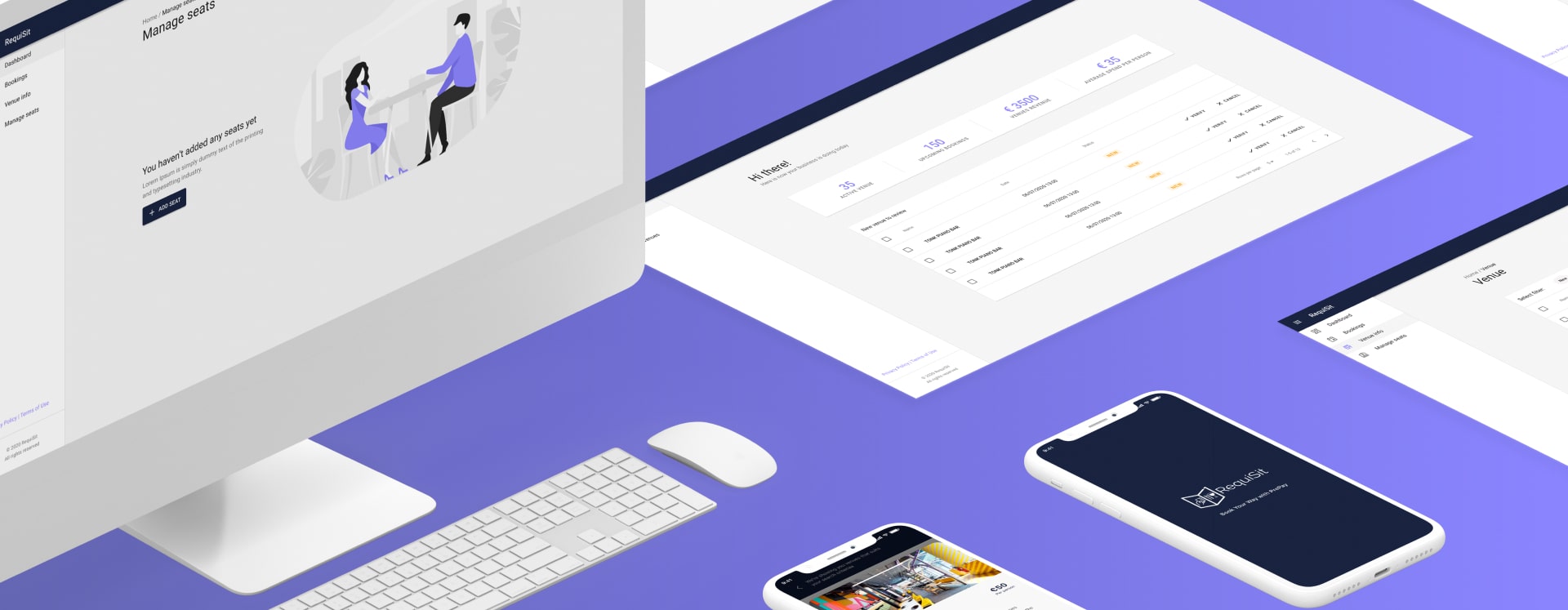
Find out how we created an online restaurant table reservation system to help venues survive during and after the COVID-19 pandemic: accept advanced payments, allocate space, and maximize revenues.
2.5 months.
2 React Native developers, 2 frontend developers, 2 backend developers, 2 UI/UX designers, a quality assurance engineer, project manager.
TypeScript, React, Redux, Golang, React Native, Docker, Bitbucket Pipelines, Amazon S3, Amazon CloudFront, App Center, PostgreSQL, PostGIS, Google Places API, Google Maps API, Stripe API.
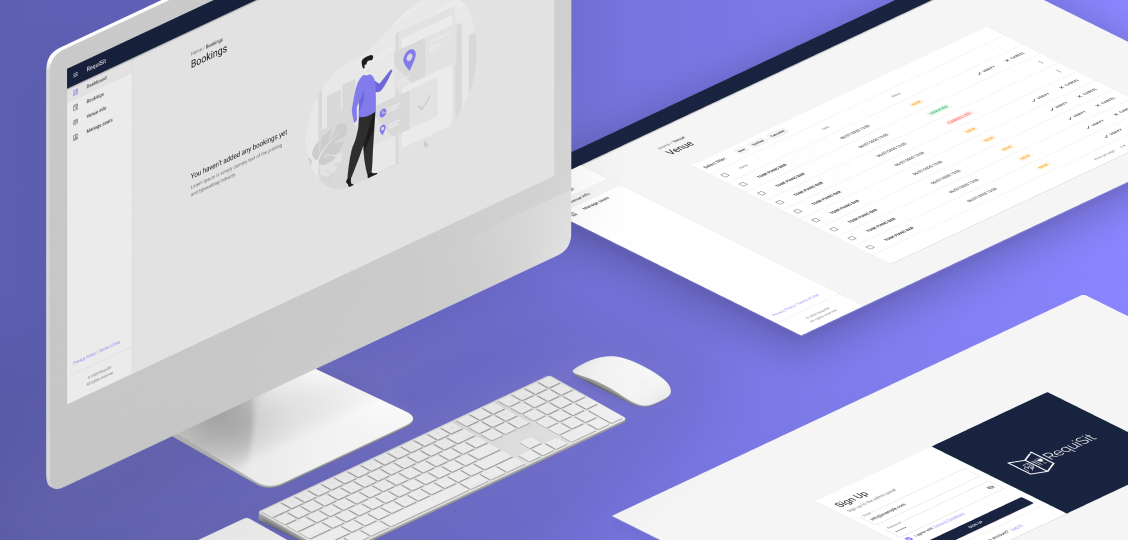
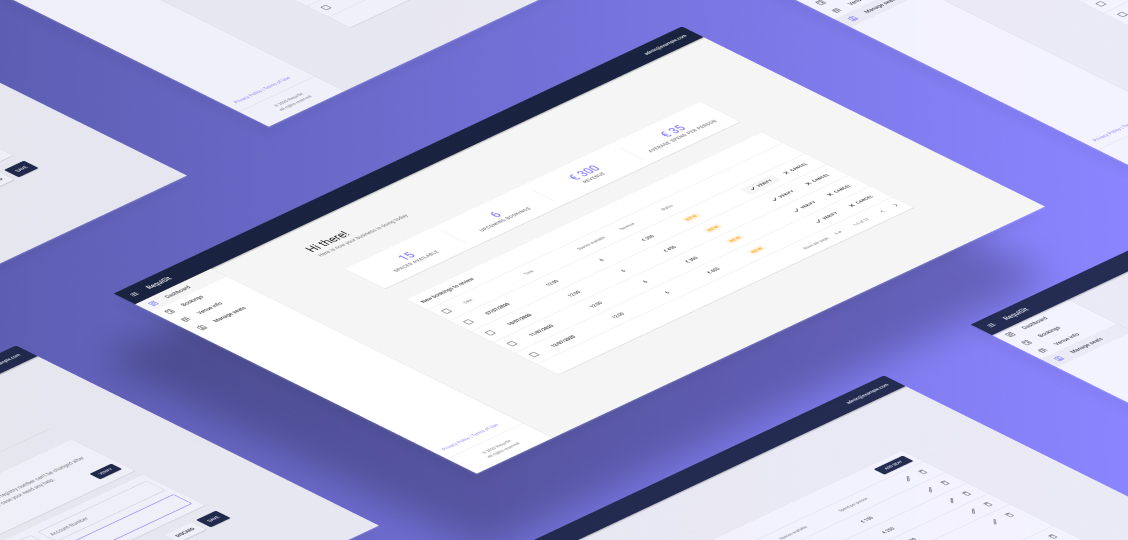
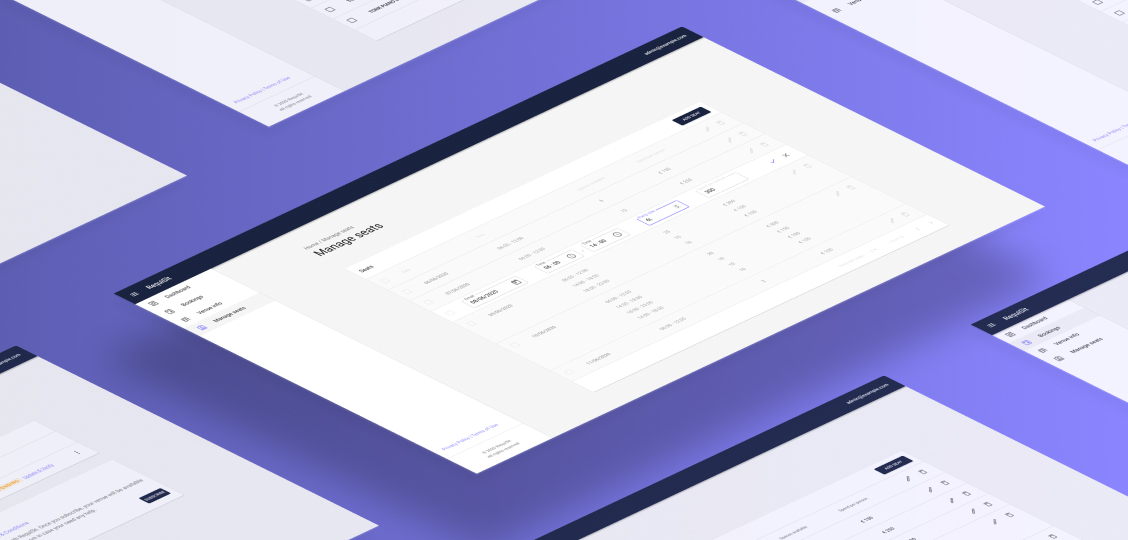
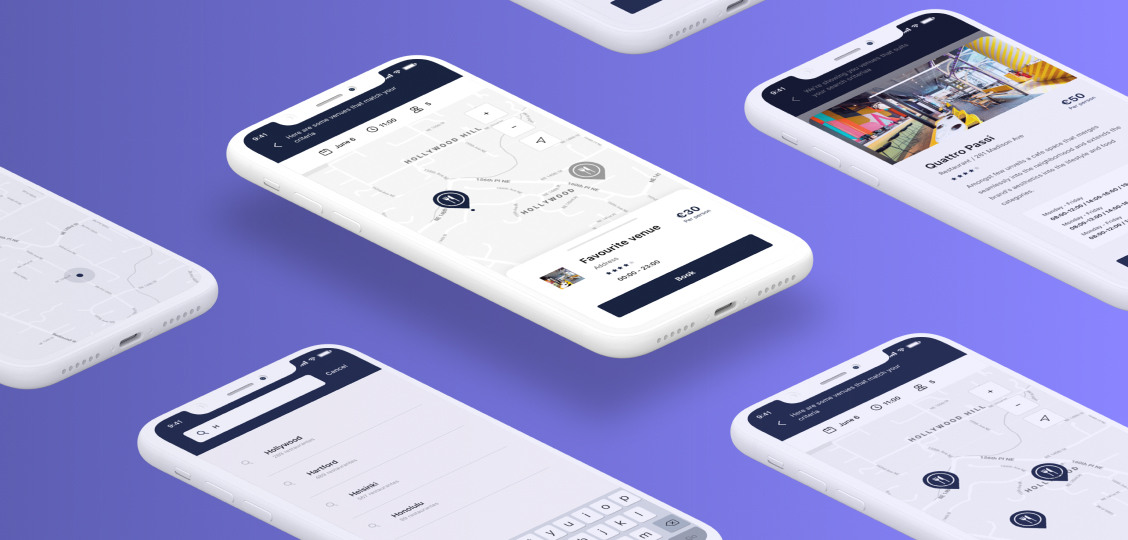
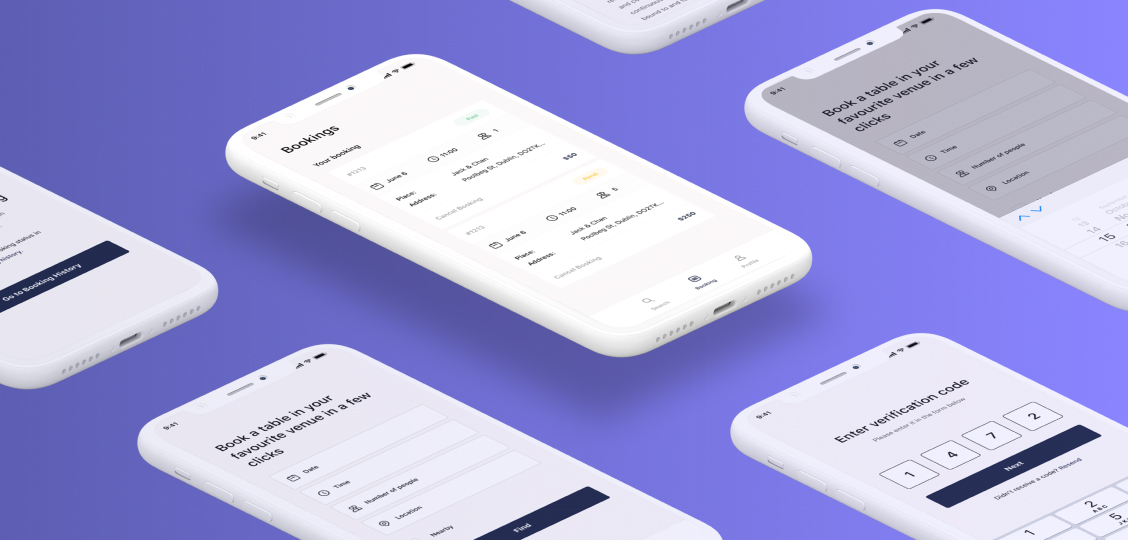
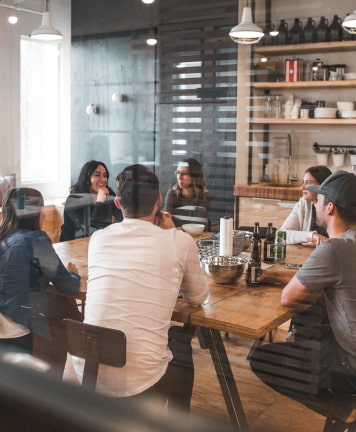
Founder, RequiSit
The Arateg team successfully brought the mobile platform to market and we were happy with their work based on what we had discussed. The communication was excellent from day one as Andrew and his team were extremely communicative from early discovery discussions all the way to completion and after. We were all working in different time zones but they were always available to us. Everything went smoothly because of the team's preparations and the price was also very competitive.

Drop us a line about your idea, project, or challenge.
We’d like to discuss how we can help you.